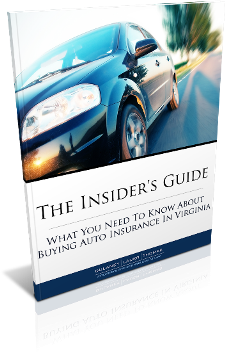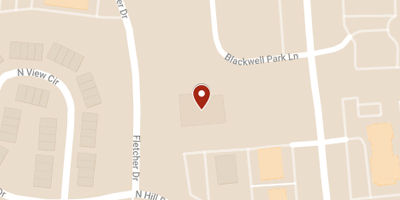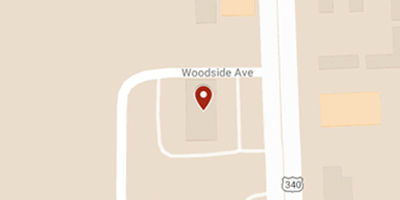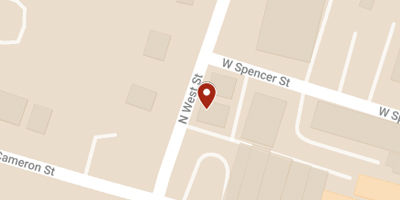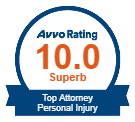 On average, more than a dozen vehicle accidents occur every hour in the state of Virginia, which ranks 13th among U.S. states in its number of car wrecks. Not only the number of crashes but also the number of resulting injuries and fatalities have been on the increase in recent years. If you’re involved in an accident in Virginia, you’re entitled to compensation from the at-fault driver for your economic damages (medical expenses, property damage, lost income), as well as your non-economic damages (emotional trauma, loss of consortium, pain and suffering), but that doesn’t mean compensation will be easy to get.
On average, more than a dozen vehicle accidents occur every hour in the state of Virginia, which ranks 13th among U.S. states in its number of car wrecks. Not only the number of crashes but also the number of resulting injuries and fatalities have been on the increase in recent years. If you’re involved in an accident in Virginia, you’re entitled to compensation from the at-fault driver for your economic damages (medical expenses, property damage, lost income), as well as your non-economic damages (emotional trauma, loss of consortium, pain and suffering), but that doesn’t mean compensation will be easy to get.
Your first step is typically submitting a claim for damages to the at-fault driver’s insurance company, which will then do everything it can to dispute, devalue, or deny your claim in order to save money for its shareholders. If you’re unable to negotiate a fair settlement with the insurer, you have the option of filing a lawsuit against the defendant and fighting in court for a reasonable award. Either process is complicated, with many procedural requirements and deadlines that must be met if you hope to succeed with your claim. If you’re involved in a fender bender with only minor damage to your car and no serious injuries or time off work, you might not need legal representation to pursue compensation. In more serious cases, though, the services of an experienced lawyer are necessary if you want to be sure you’re doing everything right in your quest for justice. Pursuing your insurance claim with the help of an attorney now could help you avoid filing a lawsuit later and going to trial, which is expensive and time-consuming.
Causes of Vehicle Accidents and Potential Injuries
Vehicle accidents in Virginia are caused by numerous factors, such as:
- Speeding
- Distracted driving
- Tailgating
- Reckless passing or lane changing
- Driving under the influence (DUI)
- Defective equipment
- Bad weather
- Poor road conditions
Vehicle accident injuries for which you deserve compensation can be minor, severe, or catastrophic. They include broken bones, whiplash, burns, lacerations, scarring, dislocated joints, spinal cord damage, traumatic brain injury (TBI), and amputations. If you’ve lost a loved one in a fatal auto accident, your attorney can help you to file a wrongful death claim against the negligent driver.
Minimum Insurance Requirements in Virginia
Minimum liability insurance coverage limits in Virginia are $25,000 for bodily injury or death of one victim in one accident, $50,000 for all victims injured or killed in one accident, and $20,000 for property damage in one accident. If your car is totaled, your injuries severe, and/or your time off work significant after an accident, these coverage limits might not be sufficient to compensate you for your damages. It’s also important to remember that Virginia is one of only two states in the U.S. that allow a motorist to pay an annual uninsured motorist’s fee and drive without liability coverage, so the driver who hits you might not have any insurance at all. Finally, you could be struck by a hit-and-run driver and not know who caused your damages.
In these cases, your own uninsured (UM) or underinsured (UIM) motorist coverage should cover some or all of your damages, and your auto insurer will then go after the at-fault driver to recoup the money it has paid you. If your auto insurance policy includes medical expenses payments (Med Pay), that can also be a source of immediate compensation. It’s possible, as well, that you could submit your medical bills to your health insurance provider, which would then file a subrogation claim against the at-fault driver to recover its losses.
Virginia Is a Contributory Negligence State
Under any conditions or circumstances, every driver owes a duty of reasonable care to all other motorists on the road. That means each motorist must obey all traffic laws and operate safely. If a driver breaches this duty and causes an accident that injures you or damages your property, that driver is negligent and responsible for your damages, but of course, you must prove negligence in order to be compensated. In most other states, you simply have to prove the other driver was primarily at fault for the crash. Even if you’re found partially liable, you may still collect damages and have your award reduced according to your own percentage of fault as long as it’s less than the other driver’s.
This is not the case in Virginia, however. Our state follows a strict contributory negligence rule in personal injury cases. This means that if you are even one percent responsible for your own accident and the other party 99% responsible, you may not collect any compensation whatsoever for your damages. The insurance company’s lawyers know this and will try their best to claim that you’re partially responsible in order to scare you out of going to court and offer you an unfairly low settlement that might not even pay your medical bills. For this reason, it’s a very good idea to have an experienced attorney on your side to help you prove the at-fault driver is 100% responsible for the crash and your resultant damages. You’re most likely to get fair compensation if you refer all communications from the insurer to your lawyer, do not give any recorded statements, do not admit any fault, do not accept any settlement offers, and do not sign any waivers or releases without your lawyer’s approval.
When You Might Have a Third-Party Claim
In some cases, your accident might be partially caused by a party other than the driver who is primarily at fault. For example:
- A vehicle or replacement parts manufacturer could be partially liable if defective equipment on the car that struck you played a part in your accident.
- A local, state, or municipal government agency might be partially responsible if poor road conditions had anything to do with your wreck.
Your attorney can investigate to determine a third party’s percentage of liability and pursue claims or lawsuits against that party for a fair recovery. With every new claim or court filing, of course, there are more deadlines and procedural requirements that must be observed for your claim to succeed. Your attorney can be sure you fulfill all such requirements and work to resolve your case within the two years permitted by the statute of limitations or sooner.
Have You Been Injured in a Car Accident in Virginia?
An experienced car accident attorney with a thorough knowledge of Virginia’s auto accident claim laws can help you seek a fair recovery. Contact us online or call us at 540-341-0007 to schedule your free consultation. You pay no attorney fees until we win your case.
|
Related Links: |

